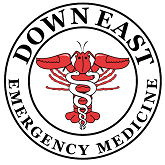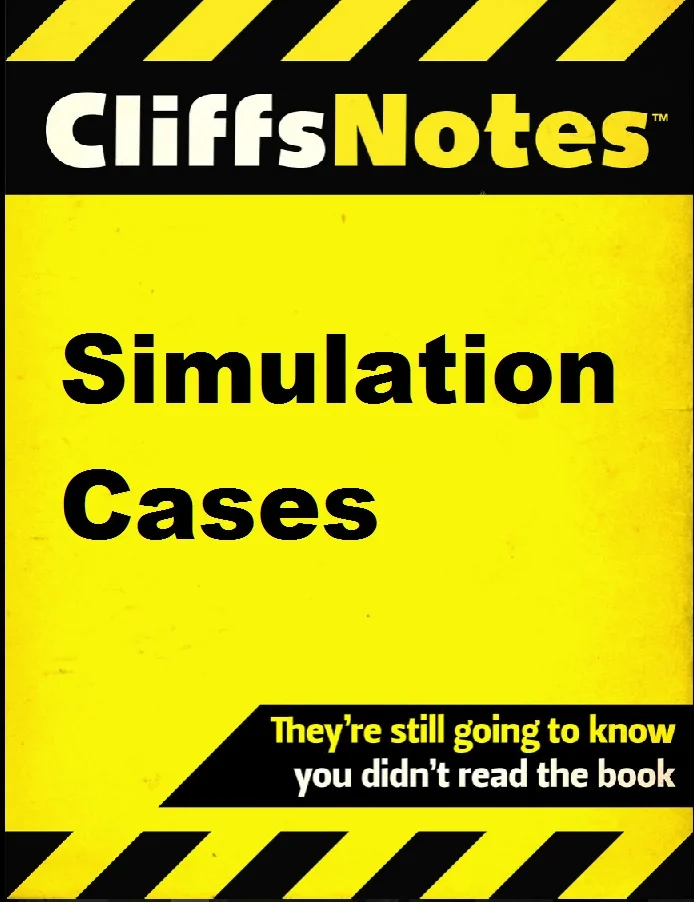Vision Loss in the Emergency Department Patient
/Hi guys! Sorry it has been so long since our last post. We were busy preparing for our Winter Symposium Conference last week in Sugarloaf, Maine. We had a fantastic line up of speakers and hope to share them with you over the coming months. Here is a sample from one of our guest speakers, Jacob Avila, MD. He spoke to us about vision loss in the emergency department patient.
Read More



















